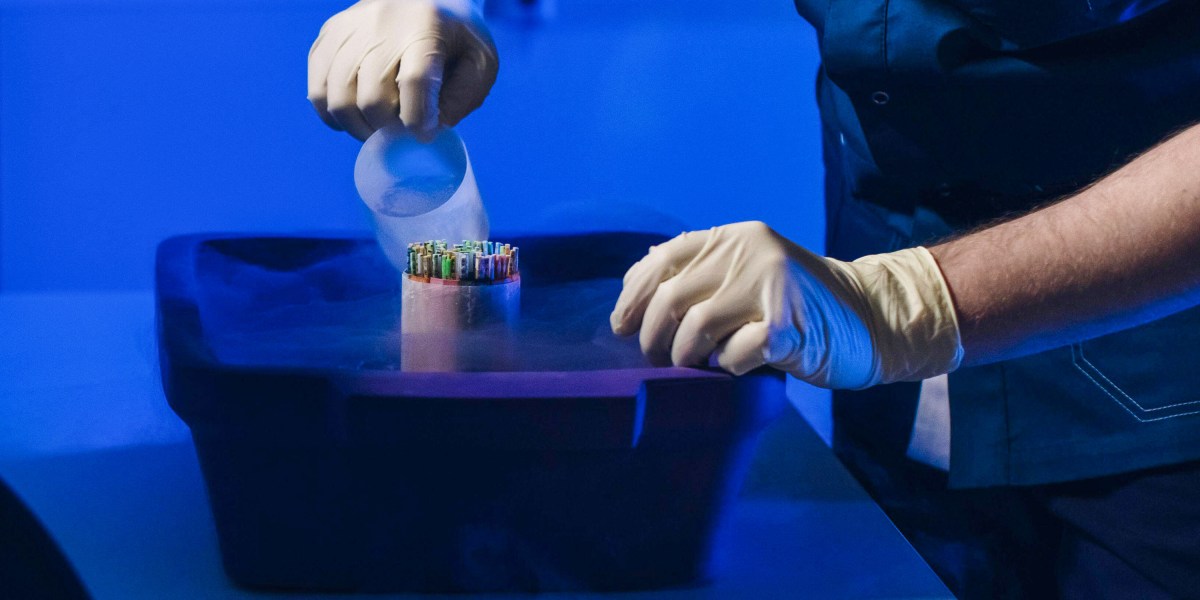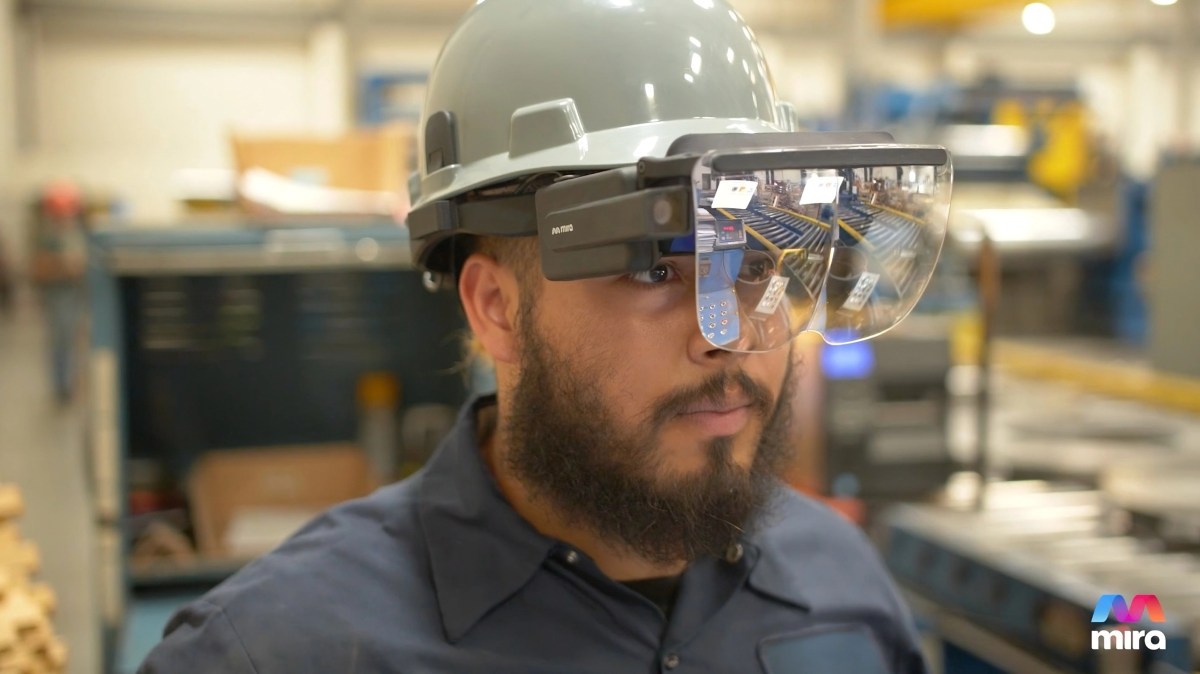The Download: Alabama’s embryo ruling impact, and remote learning for pre-schoolers
This is today’s edition of The Download, our weekday newsletter that provides a daily dose of what’s going on in the world of technology.
The weird way Alabama’s embryo ruling takes on artificial wombs
A ruling by the Alabama Supreme Court last week that frozen embryos count as children is sending “shock waves” through the fertility industry and stoking fears that in vitro fertilization is getting swept up into the abortion debate.
The Alabama legal ruling is clearly animated by religion. But what hasn’t gotten much notice is the court’s specific argument that an embryo is a child “regardless of its location.” This could have implications for future technologies in development, such as artificial wombs or synthetic embryos made from stem cells. Read the full story.
—Antonio Regalado
This story is from The Checkup, our weekly newsletter giving you the inside track on all things health and biotech. Sign up to receive it in your inbox every Thursday.
Remote learning can work for preschoolers
Educational interruptions due to the pandemic, climate disasters, and war have affected nearly every child on Earth since 2020. A record 43.3 million children have been driven from their homes by conflict and disasters, according to UNICEF—a number that doubled over the past decade. Despite that, less than 2% of humanitarian aid worldwide goes to supporting young kids’ care and education.
That may be about to change, thanks to a program called Ahlan Simsin, a special version of Sesame Street that has been custom-made for Syrian refugee children. It’s the largest-ever humanitarian intervention intended for small children’s development, with remote learning a core part of it. And it’s already yielding promising early evidence that remote learning can help young children in crisis situations. Read the full story.
—Anya Kamenetz
This story is from the next issue of MIT Technology Review, all about hidden worlds. It’s set to go live next Wednesday—subscribe now so you don’t miss out when it lands!
The must-reads
I’ve combed the internet to find you today’s most fun/important/scary/fascinating stories about technology.
1 The first privately-built spacecraft has touched down on the moon
The Odysseus lunar lander has already started to send back data, according to its developer, Intuitive Machines. (CNN)
+ There are more private landers headed there too. (NYT $)
2 Five charts that show how Nvidia took over the world 
It added more than $276 billion in market value yesterday, more than any other company in a single day. (WSJ $)
+ Its chips underpin advanced AI systems, giving it a market share estimated at over 80%. (WSJ $)
3 Mothers are selling photos of their kids to pedophiles online
This is a very important, but also very disturbing, read. (NYT $)
+ Five crucial takeaways from the investigation. (NYT $)
4 What it’s like to cry while wearing an Apple Vision Pro
Kinda lonely, from the sounds of it. (Wired $)
+ What would wearing the Vision Pro all day do to our brains? (Scientific American $)
+ These minuscule pixels are poised to take augmented reality by storm. (MIT Technology Review)
5 Who actually wants an AI search engine?
It still looks a bit like a solution searching for a problem. (Fast Company)
+ Chrome has added an AI feature that helps you to write. (The Verge)
+ Chatbots could one day replace search engines. Here’s why that’s a terrible idea. (MIT Technology Review)
+ AI-generated videos are here to awe and mislead. (Vox)
6 A GPT-4 developer tool can hack websites autonomously
Not good. (New Scientist $)
+ Three ways AI chatbots are a security disaster. (MIT Technology Review)
+ AI could help defend against security threats too though, says Google CEO Sundar Pichai. (CNBC)
7 What it’s like to hang out with the 46-year-old ‘anti-aging’ millionaire
At a rave, no less. (The Atlantic $)
+ Longevity enthusiasts want to create their own independent state. They’re eyeing Rhode Island. (MIT Technology Review)
8 X is becoming a bit of a hellscape
Especially for famous women, as Bobbi Althoff has unfortunately found in recent days. (WP $)
+ Three ways we can fight deepfake porn. (MIT Technology Review)
+ X has been removing accounts and posts critical of the Indian government. (Reuters $)
9 Humane’s AI Pin has been delayed
The vibes are getting pretty inauspicious for this product, frankly. (The Verge)
10 A startup wants to turn the sugar we eat into fiber
Pretty neat—if it works as promised. (Wired $)
Quote of the day
“The balance of power has shifted back to employers.”
—Laszlo Bock, an adviser at the venture capital firm General Catalyst, tells Wired why tech job interviews are becoming more and more onerous for applicants.
The big story
The quest to build wildfire-resistant homes

April 2023
With each devastating wildfire in the US West, officials consider new methods or regulations that might save homes or lives the next time.
In the parts of California where the hillsides meet human development, and where the state has suffered recurring seasonal fire tragedies, that search for new means of survival has especially high stakes.
Many of these methods are low cost and low tech, but no less truly innovative. In fact, the hardest part to tackle may not be materials engineering, but social change. Read the full story.
—Susie Cagle
We can still have nice things
A place for comfort, fun and distraction to brighten up your day. (Got any ideas? Drop me a line or tweet ’em at me.)
+ This ‘reverse packet ramen’ TikTok is mesmerizing.
+ These quotes have got me craving bubbles.
+ If I ever won the lottery, it’d become obvious pretty quickly.
+ Here’s a fun challenge for you this weekend: try doing absolutely nothing.




